 Open water swimmers eat and drink a variety of products during their marathon swims and workouts. They consume everything from water, tea, coffee, Maxim, Gatorade, bananas to chocolate, cookies and specialty home-made formulations. We found an interesting study that was presented at the 2009 American College of Sports Medicine annual convention in Seattle, Washington.
Open water swimmers eat and drink a variety of products during their marathon swims and workouts. They consume everything from water, tea, coffee, Maxim, Gatorade, bananas to chocolate, cookies and specialty home-made formulations. We found an interesting study that was presented at the 2009 American College of Sports Medicine annual convention in Seattle, Washington.Glyn Howatson, Malachy McHugh, Jessica Hill, James Brouner, Andy Jewell, Ken van Someren and Rob Shave studied the use of cherry juice to aid in recovery and reduce muscle damage, inflammation and oxidative stress on marathon runners. Although this blog focused entirely on open water swimmers, we thought their findings may be appropriate and interesting to any endurance athlete.
Tart cherries (Prunus Cerasus) are known to contain a variety of phenolic compounds and are particularly rich in anthocyanins that may help to reduce muscle damage, oxidative stress and inflammation following strenuous physical activity, and help to accelerate recovery.
Twenty recreational marathon runners participated in the research and were randomly separated into two groups. One group drank 16 fluid ounces of a commercially available cherry juice (CherryPharm) while the second group drank a placebo every day for five days prior to, and for 2 days after, a marathon run. Measures of muscle damage, delayed onset muscle soreness and maximum voluntary contraction, inflammation, C-reactive protein, uric acid, total antioxidant status, oxidative stress and protein carbonyls were taken pre-supplement, pre-race, immediately post-race, and 24 hours and 48 hours post-race.
The study showed that the maximum voluntary contraction recovered faster in the cherry juice group (101% vs. 91% at 48 hours) and markers of inflammation were reduced in the cherry juice group. Total antioxidant status at 48 hours post-race was 29% lower among the cherry juice drinkers, but the delayed muscle soreness and muscle damage showed no difference between the two groups.
The research team concluded that cherry juice increased total antioxidant capacity following five days of supplementation and reduced inflammation and aided in the recovery of muscle function that may prove valuable for endurance athletes as a viable means to aid recovery.
Photo shows Olympian Mark Warkentin at the 2007 World Swimming Championships drinking a hydration formula that does not cherry juice.



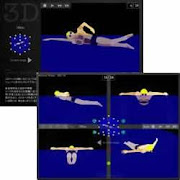
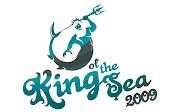



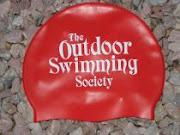

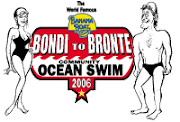


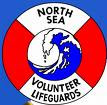
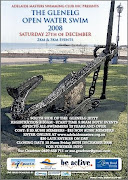





No comments:
Post a Comment